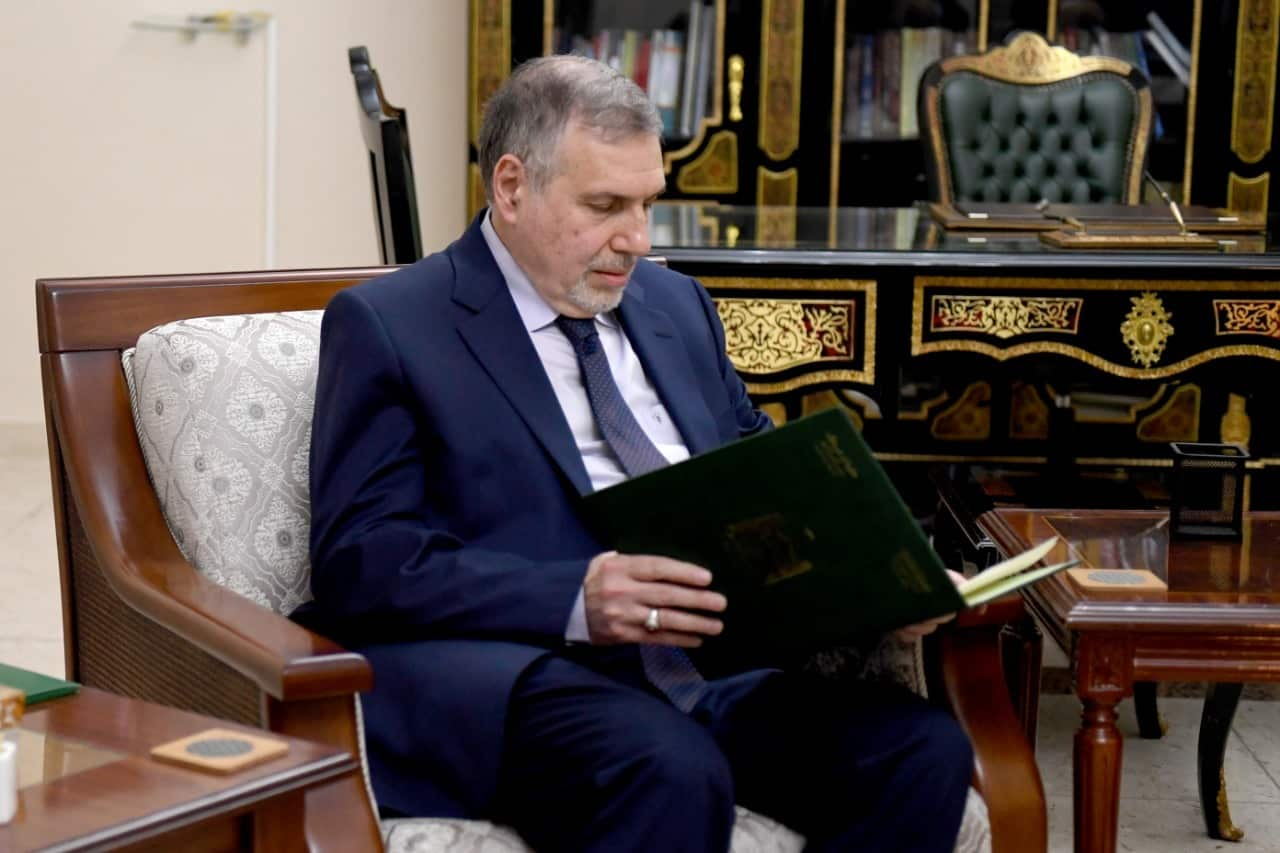Iraq's former communications minister Mohammed Tawfiq Allawi has been selected as the country's new prime minister following weeks of protest against the ruling elite.
Iraq's major political forces have struggled for months to agree on a successor to Prime Minister Adel Abdel-Mahdi, who resigned in November following weeks of demonstrations.
Street protests have roiled Iraq since early October.

Demonstrators are calling for the resignation of the government, the dissolution of parliament and an overhaul of the country's political system, which has been in place since the 2003 US-led invasion of Iraq.
Allawi said on Saturday that Iraqi President Barham Salih had tasked him with forming a new government.
In a video message posted on Twitter, the 66-year-old called on demonstrators to continue their protests until their demands were met.
"Remain at the protest square until we hold killers accountable, set a date for elections and fight corruption," Allawi said.
"Had it not been for your sacrifices, the change would not have happened," he added. "I urge you to continue protesting."
Allawi, who must form a new government within a month, threatened to leave his post if the political blocs insist on imposing candidates for ministries.
Protesters in Baghdad's Tahrir and al-Khilani squares responded by rejecting Allawi's appointment as prime minister.
"We regret naming a candidate who is part of the post-2003 system," 26-year-old Wessam Hamid said.

Another protester, 19-year-old Mohsen Jassi, said Allawi's appointment would increase their determination to stay in the protest squares until corruption and looting of public funds was eradicated.
Allawi was appointed as communications minister in 2006-2007 and 2010-2012.
More than 500 people, mainly protesters, have been killed in violence since the demonstrations started in Iraq in early October, according to rights groups.
Repeated reform pledges from the country's politicians have failed to assuage the predominantly young demonstrators.

